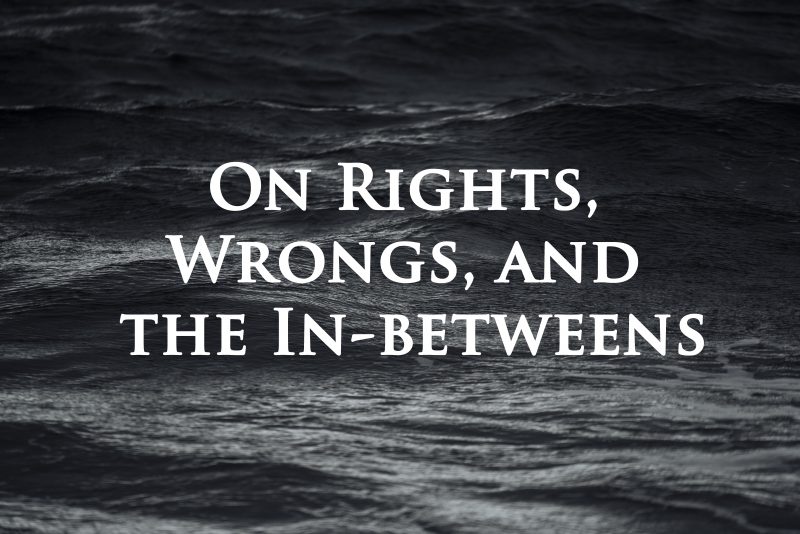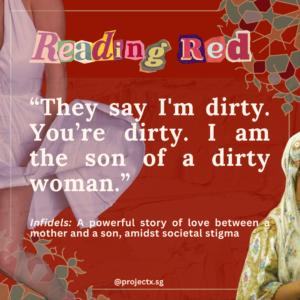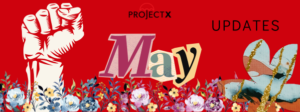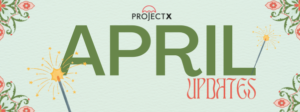As part of a project on diversity and inclusivity, a group of friends and I decided to interview Project X to find out more about the lives of sex workers in Singapore. In that short hour-long conversation with the staff of Project X, I found myself challenged in many ways.
I went into this interview with deep-set prejudices and pre-conceived notions of the sex work industry. I found the work of sex workers unacceptable and sinful. Often times, I would force myself to sympathise with the sex workers by buying into one-dimensional narratives of victimised sex workers in a bid to tamp down the growing disdain in my mind and to make myself feel better.
That night, when I stepped away from the interview, I found myself confronted with my immense ignorance. I knew nothing of the sex industry but had somehow developed a myriad of warped perceptions. I knew nothing about sex workers – the real persons behind the ‘prostitute’ label – but had somehow come to a judgment of their character.
During the interview, we learnt a lot about the struggles faced by sex workers on a daily basis. We learnt that they are frequently abused, not only by their clients, but also by law enforcement officers and even adolescent students. We learnt that many of them enter the industry simply because they need to make a living. We learnt that many of them stay in the industry because it is the only place they are allowed to be who they are. We learnt that many of them slipped through the cracks of the education system – a system meant to empower and uplift – believing that they had no other alternative.
This shocked me on many levels. As a citizen, this forced me to come to terms with the idea that perhaps our law enforcement system is not as perfect as we are often lead to believe; that there is perhaps a need for more humanity to permeate the ranks of our bureaucracy. As a teacher, I was shocked at how often we allow our children to get away with bigoted and destructive behaviour. How many times have we heard the word ‘gay’, ‘sissy’ or ‘ah gua’ (a colloquial epithet describing a man behaving effeminately) being tossed around like an insult and ignored it? As a person, I questioned how I had allowed such misguided perceptions take root in me unknowingly. In the course of my career, I will undoubtedly come across students who struggle with gender issues. If my personal compass with regards to these issues is so misguided, then what position am I in to guide these students?
In many ways, my experience with Project X has forced me to examine my flawed humanity as nakedly as possible. No rose-tinted glasses, no false narratives. What I came to realise is that the world around us is immensely complex and the residents of this Earth are, likewise, immensely complex.
When we are surrounded with so much diversity, we have to adjust our mindsets, do some cognitive work in our minds and affective work in our hearts, in order to understand the world for all that it is – an evolving mess of right and wrongs, past and present, polarities and grey areas. Accepting this helps us come to terms that in today’s world, there are very few things that are incontrovertibly wrong. It makes it easier for us to tussle with controversial topics and reminds us of the need to constantly re-examine personal views and cultural beliefs that we grew up with. Most of all, it has taught me to see the people around me – from the seemingly perfect to the out rightly flawed, complexly – through the lenses of our shared humanity.
This is perhaps what Martha Nussbaum meant when she wrote in her 1998 book “Cultivating Humanity”, that as educators we can choose to “package our teaching in our humanity”. When we can see those around us as human beings who share many of the same concerns, struggles, and aspirations that we do, then we will be able to find ways to reach out to them and to find a common understanding with each other that will otherwise be unavailable to us if we chose to just condemn them. When we as people can practice and believe in this, then we as educators we will truly be able to love each of our students for who they truly are, and see in them the myriad possibilities that are available to them.
There is much to do in the classroom so that our students can understand these essential aspects of the world around them but many restrictions and hurdles that stand in the teacher’s way. There is no clear path forward, but what I will take away from this is to fix myself first so that I am in a position to counsel and guide pupils who are struggling, and to grasp each teachable moment as they come, using them as opportunities to guide our pupils in the right direction.
_________________________________
This article was written by an educator who was doing a study on sex workers in Singapore. She has asked to remain anonymous.






